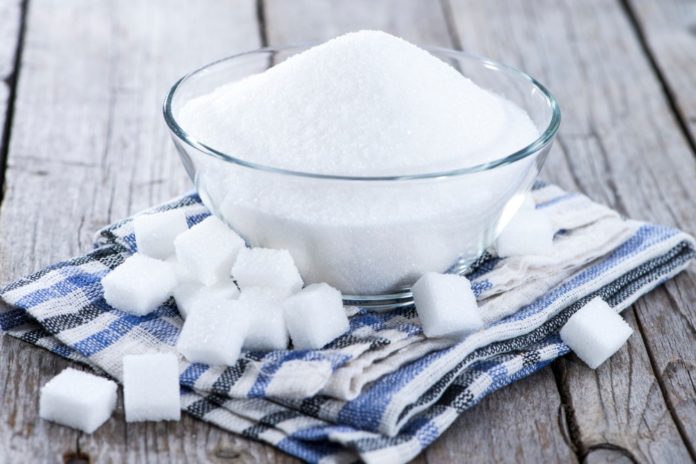A diet too rich in foods containing sugars could be harmful to health, as confirmed by the most recent scientific studies: in fact, the intake of high amounts of sugar is one of the causes of diseases including obesity , diabetes , and also heart problems. These pathologies often seriously compromise the quality of life and significantly reduce their expectations. But is there also a correlation between excessive sugar consumption and cancer development ?
SUGAR AND CANCER: IS THERE A CORRELATION?
According to the guidelines of the World Health Organization, less than 10% of the daily energy intake should consist of simple sugars (ie sugars added to other products). To stay healthy, the ideal would then be not to exceed even 5% and renounce all those industrial products such as snacks and snacks both sweet and savory, also limiting the consumption of carbonated or sweetened drinks . Glucose, in fact, increases the concentration of insulin in the blood , an effect that not only exposes to the risk of diabetes: this hormone, in fact, through some factors it produces, increases the level of inflammationin the body and promotes cell growth, two conditions that can promote tumor development: this is, according to the Italian Institute for Cancer Research, the only correlation to date scientifically demonstrated between excessive consumption of sugar and cancer development.
INSULIN AND BREAST CANCER: IS THERE A RELATIONSHIP? IN THE DEVELOPMENT OF BREAST CANCER
Unlike other cancers, breast cancer is partly related to sugar consumption. Some studies have indeed shown that their excessive presence in the blood stimulates the production of insulin, and in women it induces the increase of testosterone , a sex hormone which, in combination with other factors that are generated in these circumstances (IGF-1, which favors the growth of both healthy and tumoral cells), would lead to: an increased risk of cancer occurring due to this combined action.
SUGAR AND CANCER CELLS?
Our body uses sugars as a source of energy , through their splitting into simpler molecules, which occurs during digestion, and which feeds the metabolic processes of the human body; however, some differences have been demonstrated in tumor cells.
To summarize, we can say that cells produce energy through the Krebs Cycle , which takes place inside the mitochondria: it is a process that has a high efficiency and does not occur in cancer cells . In fact, they have a different metabolism than healthy ones: energy is produced differently, through glycolysis , which occurs in anaerobic conditions, ie in the absence of oxygen, outside the mitochondria, and is not as efficient as the Krebs cycle . Both processes are fed by glucose, but in the first case a lot of energy is produced, in the second a considerably lower quantity .
REDUCE SUGAR CONSUMPTION DEFEND AGAINST TUMORS?
Precisely because the studies have not yet shown a clear link between a diet too rich in sugars and the development of a cancer, the AIRC warns against the many false and misleading news that can be found on the net or through other channels on this topic , as well as the promises of “miraculous” care. Often, in fact, their diffusion is based, unfortunately, on the dramatic concerns that, in these cases, weigh both on the patient and on his family. Reducing the consumption of sugar , in fact, helps to stay in shape and is certainly a good rule of prevention for many diseases, such as obesity, which can constitute risk factors for the onset of malignancies . However, totally eliminating sugars from the diet is not advisable, even for people who already suffer from cancer, unless the indication arrives from the doctor treating the patient.
Much attention must also be paid to sweetening products that can replace sucrose, such as aspartame , which EFSA, the European Food Safety Authority, has recently expressed. The advice, therefore, is to get informed and adopt a healthy and active lifestyle every day, the best defense against many diseases, limiting the consumption of foods recognized as carcinogens .





















